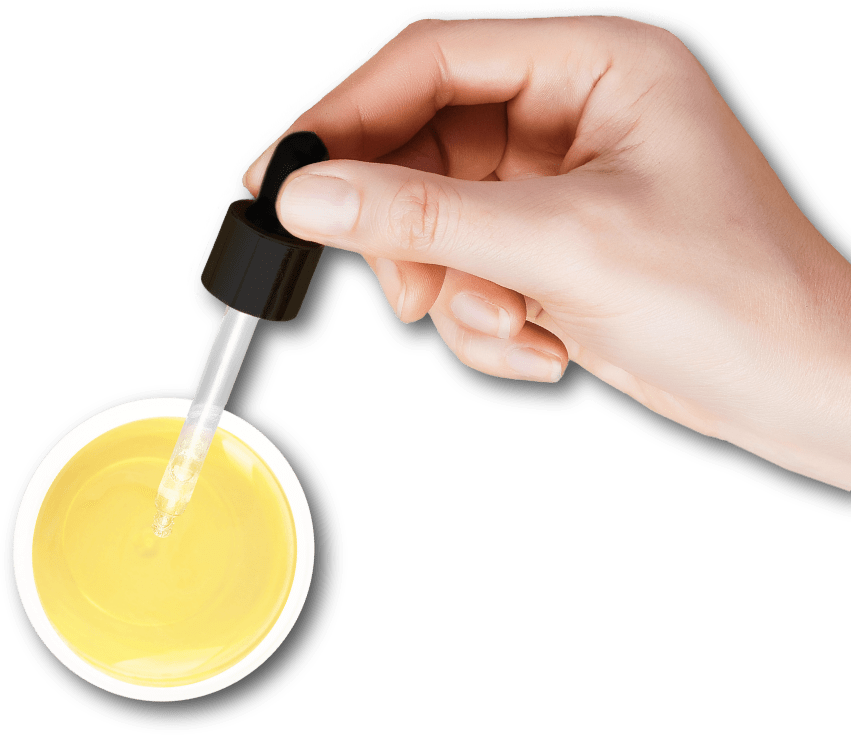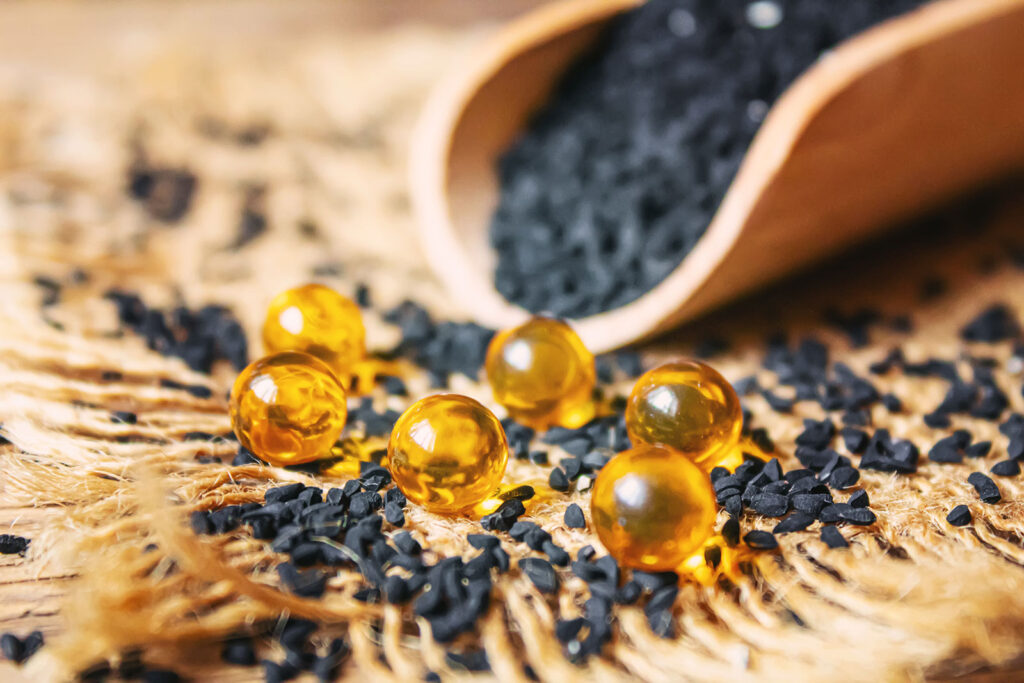
Recent research has highlighted the potential of certain plants, including but not limited to dandelion, greater burdock, soursop, turmeric, cannabidiol, boswellia seratta and Madagascar periwinkle, in the fight against cancer.
These plants, brimming with valuable nutrients and bioactive compounds, exhibit properties that inhibit tumour growth, detoxify the body, and provide antioxidant defense. The integration of traditional knowledge and current scientific advancements opens up new possibilities for these plants in cancer treatment.
The question that remains, however, is how can we further this research and safely incorporate these plants into existing treatment plans?
Anti-Cancer Plants and Their Properties
Several plants, including dandelion, greater burdock, soursop, turmeric, and Madagascar periwinkle, have been spotlighted in scientific literature for their potential anti-cancer properties due to a rich assortment of vitamins, minerals, and bioactive compounds.
As natural remedies, these healing herbs contain compounds that demonstrate anti-proliferative, antioxidant, and detoxifying properties. For instance, dandelion exhibits therapeutic potential by inhibiting tumor cell growth, while the greater burdock is highly valued for its detoxifying properties.
Soursop and turmeric are rich in antioxidant bioactive compounds that combat carcinogens, further enhancing their anti-cancer potential. Meanwhile, the Madagascar periwinkle contains alkaloids that have been harnessed in chemotherapy drugs.
This underscores the immense potential of these plants as resources for developing anti-cancer treatments.


Phytopharmaceutical Research and Medicinal Applications
The field of phytopharmaceutical research is vigorously exploring the medicinal applications of plants like soursop and ashwagandha, driven by their broad spectrum of bioactive compounds and potential anti-cancer properties. These plants are part of the extensive domain of herbal remedies, offering a natural approach to health and wellness.
1. Soursop: Research suggests that soursop’s bioactive compounds, like annonacin, have cytotoxic effects on cancer cells.
2. Ashwagandha: This plant is known for its withanolides, which have demonstrated anti-cancer activity in studies.
3. Medical advancements: Technological advancements are enabling researchers to isolate and study these bioactive compounds in depth, leading to promising developments in cancer treatment.
Despite these promising findings, further scientific validation is needed to establish these plants as a safe and effective part of cancer treatment.
Blending Traditional Wisdom With Modern Science
Harnessing the power of traditional herbs like dandelion, nettles, and turmeric, modern science aims to enhance the immune system, combat carcinogens, and boost antioxidant levels, thereby presenting an integrative approach to cancer treatment.
This fusion of traditional remedies with scientific advancements reflects a paradigm shift in oncology, where herbal knowledge underpins medical innovation. Studies indicate that phytochemicals found in these plants can inhibit tumor growth and metastasis.
However, while the potency of these herbs is undisputed, the mechanism of their anticancer properties remains largely unexplored. Therefore, future research should focus on elucidating these mechanisms and optimizing the therapeutic potential of these plants, paving the way for a new era of cancer treatment that harmoniously blends ancient wisdom with modern science.
Safety, Contraindications, and Dosages
While the potential of these plants in cancer treatment is evident, it is imperative to also consider the safety measures, contraindications, and appropriate dosages to optimize their therapeutic benefits and mitigate potential risks.
1. Precautionary Measures: These include ensuring the plant source is clean and free from pesticides. It is also important to consult a healthcare professional before starting any herbal regimen.
2. Contraindications: Certain plants could interact negatively with other medications or conditions. For example, dandelion is contraindicated for individuals with gallbladder disease.
3. Herbal Dosage Recommendations: The therapeutic efficacy of these plants is dose-dependent. However, the lack of standardization in herbal dosages calls for a careful, individualized approach under professional guidance.

Call for Immediate Development of Cancer Treatments
In light of the alarming global cancer statistics provided by the International Agency for Research on Cancer, there is an urgent need for the development of targeted and efficient cancer treatment plans. The escalating global cancer burden necessitates a pivotal approach towards innovative treatment solutions.

Plants, with their myriad of bioactive compounds, are emerging as a promising source for such solutions. Many harbor unique anti-proliferative and antioxidant properties that could be harnessed for the development of less toxic anticancer drugs.
Importantly, while plants present an essential resource, the conversion of these into effective treatments requires rigorous scientific validation. Hence, the immediate priority should be towards robust research and clinical trials to shift these potential phytotherapeutic benefits into tangible, life-saving treatments.
Impact of Diet on Cancer Progression
Undeniably, the role of nutrition and dietary habits in the progression of cancer is a topic of growing interest within the scientific community, as a myriad of studies have begun to reveal the complex interplay between what we consume and the development and progression of malignancies.
1. Dietary interventions: Research indicates that certain dietary interventions can potentially inhibit tumor growth. For instance, a low-fat, high-fiber diet rich in fruits and vegetables has been associated with a lower risk of certain types of cancer.
2. Nutritional strategies: Optimizing nutritional intake through a balanced diet can be an effective strategy for cancer prevention. This includes regular consumption of plant-based foods known for their anti-carcinogenic properties.
3. Food and cancer: The link between food and cancer is undeniable, with certain foods increasing risk and others offering protective benefits. Understanding this complex relationship is essential for effective cancer prevention and management.
The Future of Plant-Based Therapies

Exploring the vast potential of plant-based therapies, future research and development in this field promises a new horizon in the fight against cancer. As the scientific community continually unearths the healing properties of various plants, we are poised to see innovative solutions in cancer treatment.
Plant-derived therapies, formulated from nature’s pharmacy, offer the potential to target cancer cells with a reduced risk of side-effects. Rigorous scientific processes can distill the therapeutic compounds from these plants, creating treatments that are both effective and essential.
As we advance into the future, it is crucial that we continue to invest in this promising area of research. Through this, we can harness the power of plants to create a new generation of cancer therapies.
Frequently Asked Questions
What Specific Vitamins and Minerals in Anti-Cancer Plants Contribute to Their Therapeutic Potential?
Several vitamins and minerals in anti-cancer plants, like Vitamin C, E, antioxidants, and bioactive compounds, contribute to their therapeutic potential. Their absorption efficiency and vitamin synthesis process are critical factors in their anti-cancer properties.
Can Phytopharmaceuticals Interact Negatively With Conventional Cancer Treatments Like Chemotherapy or Radiation?
Yes, phytopharmaceuticals can interact negatively with conventional cancer treatments. This is due to plant toxicity and insufficient regulation of these substances, possibly leading to adverse reactions, reduced treatment efficacy or increased side effects.
How Does the Bioengineering of Immune Cell Therapies Work in Conjunction With Traditional Herbal Treatments?
Bioengineering of immune cell therapies involves cellular modification to enhance the body’s natural defense against cancer. When used alongside traditional herbal treatments, it can potentially offer a holistic, synergistic approach to cancer management, given ethical considerations.
What Are Some Practical Ways to Ensure Sustainable Harvesting Practices When Gathering Anti-Cancer Herbs?
How can we balance the need for anti-cancer herbs with environmental sustainability? Through strict herbal regulations and sustainable agriculture practices, such as selective harvesting and regrowth initiatives, we can guarantee medicinal plant populations remain robust and healthy.
How Does a Balanced Diet Impact the Progression of Cancer and the Effectiveness of Plant-Based Therapies?
A balanced diet, rich in diverse nutrients, can greatly influence cancer progression and the effectiveness of plant-based therapies. Proper nutrition can enhance immunity, improving the body’s response to anti-cancer properties found in certain plants.

